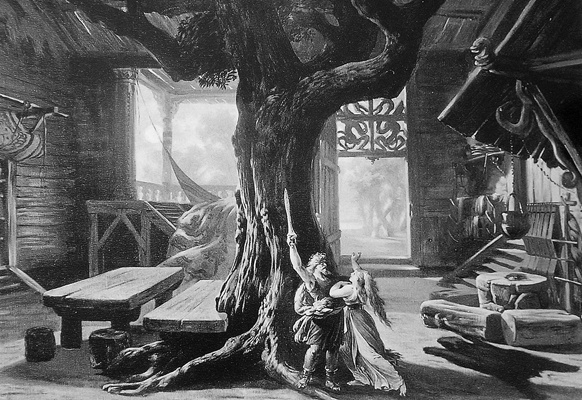Matters of Urgency
15th Congress of the Society for Theatre Studies
Art and/or Intervention
Forum, September 30, 2022 Seminar Center Room L113 Moderation: Doris Kolesch & Matthias Warstat
Questions about the role and relevance of theater and the performative arts are often formulated as claims for social effectiveness: Performances should – in the self-image of many theater creators and performers as well as in the judgment of numerous researchers – change social processes, position themselves in political conflict situations or intervene in them and address publics or (co-)produce them in the first place. The term intervention is often used to describe this relationship between (theatrical or performative) art and society. The panel wants to explore the potential and the range of the concept of intervention for theater/performance and theater studies. In doing so, the following current research projects and publications will be presented and enter into conversation with each other:
- Silke Felber: “Intervening (with) Smells” (research project).
- Doris Kolesch: “Akustische Störungen. Postkoloniale und queere Potentiale sonischer Interventionen” (Acoustic Disruptions. Postcolonial and queer potentials of sonic interventions) (research project in the Sfb “Intervenierende Künste”)
- Ulf Otto / Johanna Zorn: “Ästhetiken der Intervention: Ein- und Übergriffe im Regime des Theaters” (Aesthetics of Intervention: Interventions and Encroachments in the Regime of Theater) (book publication Berlin: Theater der Zeit 2022)
- Matthias Warstat: “Teilhabe und Dissoziation: Spannungen politischen Theaters im 20. Jahrhundert und in der Gegenwart” (Participation and Dissociation: Tensions of Political Theater in the 20th Century and in the Present) (research project in the Sfb “Intervenierende Künste”)
20. bis 22. September 2022
 While historically informed performance practice is now widely accepted in early music and beyond, the idea of scientifically informed interpretation hardly plays a role in theater. The medium is too ephemeral by design, too time-specific, and too difficult to reconstruct. The audience of today would receive a (in practice impossible) historically accurate performance differently than the audience of the first performance. The parameters of the bodily co-presence of performers and spectators and the continuous feedback loop associated with it would thus be constituted fundamentally differently.
While historically informed performance practice is now widely accepted in early music and beyond, the idea of scientifically informed interpretation hardly plays a role in theater. The medium is too ephemeral by design, too time-specific, and too difficult to reconstruct. The audience of today would receive a (in practice impossible) historically accurate performance differently than the audience of the first performance. The parameters of the bodily co-presence of performers and spectators and the continuous feedback loop associated with it would thus be constituted fundamentally differently.
Nevertheless, the inclusion of historical speech, facial expressions and gestures in the concert performance of Rheingold by Concerto Köln under the musical direction of Kent Nagano in November 2021 was judged very positively by performers, visitors and the specialist press. In the next step, the Research Institute for Music Theater (fimt) of the University of Bayreuth, in cooperation with Concerto Köln and Kent Nagano, will ask itself within the framework of the DFG knowledge transfer project “Wagnergesang im 21. Jahrhundert – histo-risch informiert?” whether the questions of historically informed performance practice could also be applied to a fully staged production. This question will be explored at the conference Wagnerthea-ter! Historically Informed? conference will explore this question. In three sections (re-enactments as a method of theater and theater studies, historical performance, decla-mation and singing practice, historical equipment) experts from science and practice will discuss the potentials and limits of such an experiment.
Interested parties are welcome to attend the conference. Admission is free of charge.
The program and further information can be found in the
Translated with www.DeepL.com/Translator (free version)
Flyer: Hier herunterladen.
Theatre Studies and Intermediality @ LMU Munich
 While historically informed performance practice is now widely accepted in early music and beyond, the idea of scientifically informed interpretation hardly plays a role in theater. The medium is too ephemeral by design, too time-specific, and too difficult to reconstruct. The audience of today would receive a (in practice impossible) historically accurate performance differently than the audience of the first performance. The parameters of the bodily co-presence of performers and spectators and the continuous feedback loop associated with it would thus be constituted fundamentally differently.
While historically informed performance practice is now widely accepted in early music and beyond, the idea of scientifically informed interpretation hardly plays a role in theater. The medium is too ephemeral by design, too time-specific, and too difficult to reconstruct. The audience of today would receive a (in practice impossible) historically accurate performance differently than the audience of the first performance. The parameters of the bodily co-presence of performers and spectators and the continuous feedback loop associated with it would thus be constituted fundamentally differently.